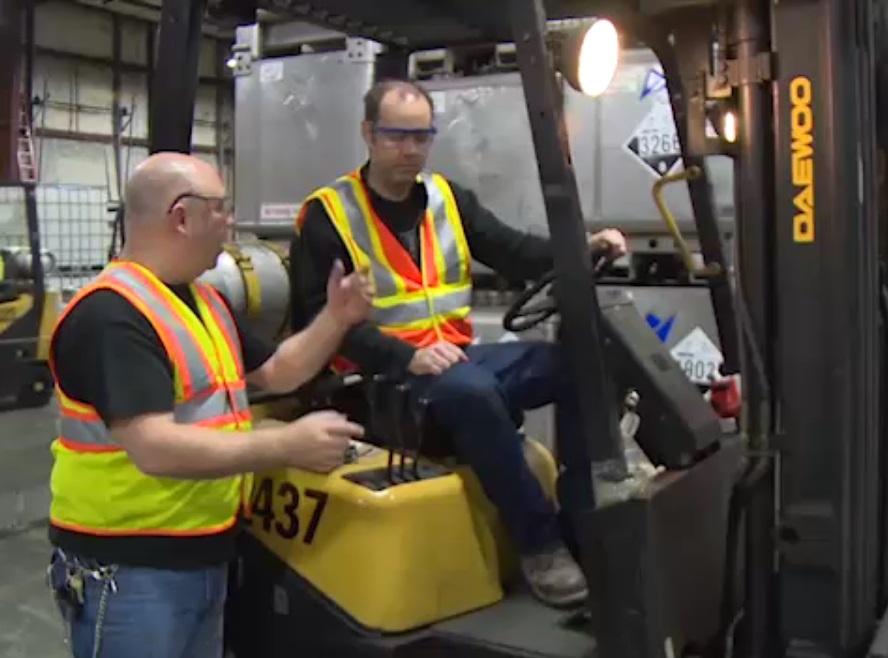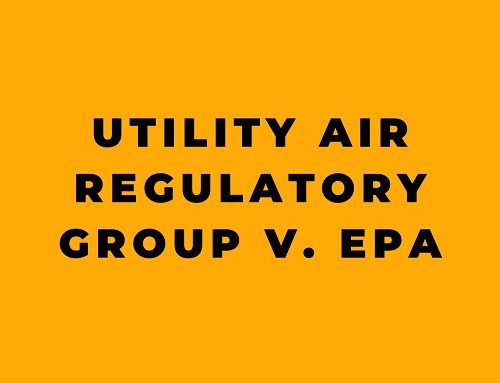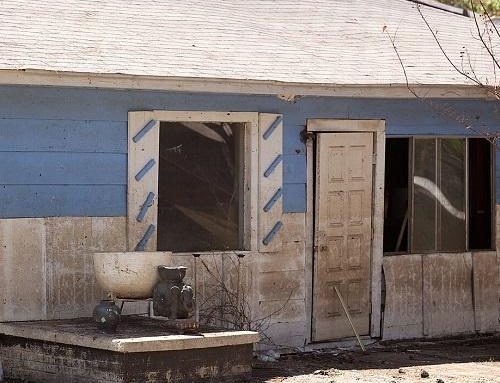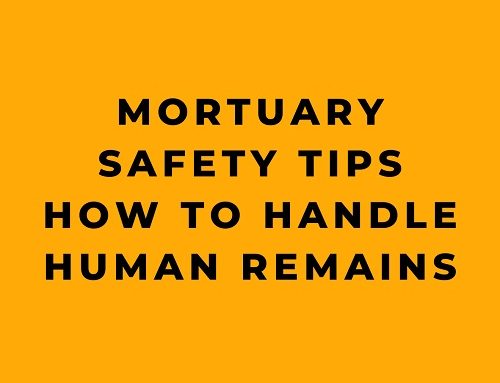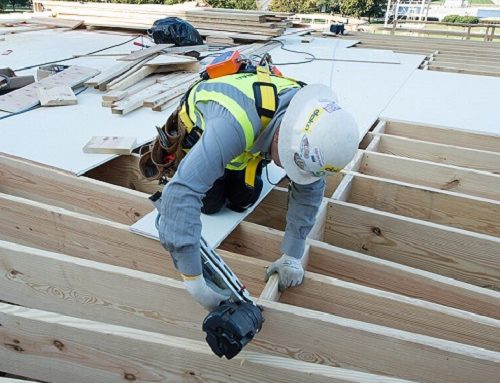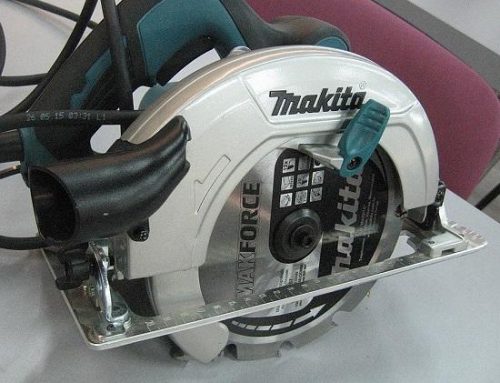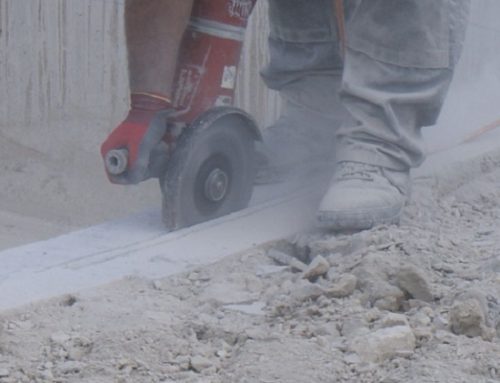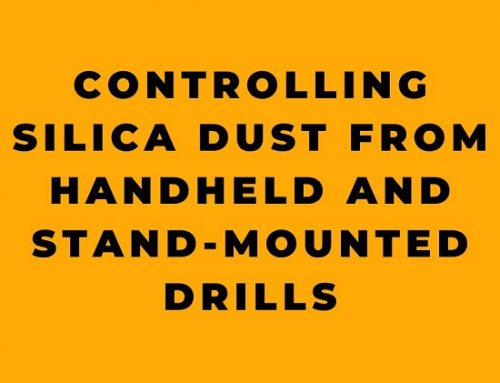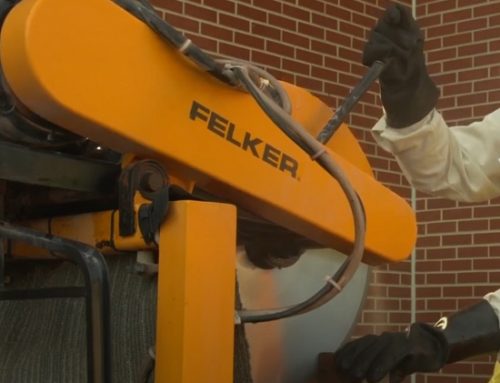Get Certified to Handle Heavy Machinery the Right Way
If you’re in the business of handling heavy machinery, like a forklift, then listen up. You’re not just playing around with a toy, this is some serious equipment that can cause some serious harm if you don’t know what you’re doing. That’s why it’s crucial that you get proper forklift certification.
What’s a Forklift Certification?
A forklift certification is like a badge of honor. It says to the world that you’ve been trained up on all the important aspects of operating a forklift safely. You’ll learn things like how to handle a load, navigate tight spaces, and what to do in an emergency. Trust me, you don’t want to be caught in a tight spot without knowing what to do. And, in practical terms, forklift certification is a way to record and attest that a particular trainee has completed their forklift training.
Why is it Important?
Well, for starters, it’s the law in many countries. But beyond that, it’s just common sense. You’re dealing with heavy machinery that can cause serious injury or even death if not handled properly. So, if you want to keep yourself and others around you safe, you better be certified. Not only that, but certified operators are more confident and efficient on the job, which can lead to increased productivity and lower operational costs for your company.
The Occupational Safety and Health Administration (OSHA) is mandated by federal code 29 CFR 1910.178 to ensure that safety measures are strictly followed when operating powered industrial vehicles or any other forklift machines:
https://www.osha.gov/laws-regs/regulations/standardnumber/1910/1910.178
“The employer shall ensure that each powered industrial truck operator is competent to operate a powered industrial truck safely, as demonstrated by the successful completion of the training and evaluation specified in this paragraph..”
Who Needs It?
If you’re operating a forklift, you need certification. It doesn’t matter if you’re in construction, warehousing, or any other industry. Employers have a responsibility to make sure their employees are trained and certified, so don’t leave it up to them. Get it done yourself and set a good example.
How Do I Get It?
Getting certified is a straightforward process. This will vary according to whic organization you work for, but usually you’ll start by enrolling in a forklift training program, which can be done online or in-person. Then, once you’ve completed the program, you’ll take a certification exam to test your knowledge. The exam will cover all the important aspects of forklift operation, so make sure you’re paying attention during your training. Most of the organizations that use our online courses use the online courses to augment their practical training courses.
Keeping Your Certification Current
Depending on your organization’s policies, your forklift certification doesn’t last forever, so make sure to keep it up to date. You’ll need to take a refresher course and pass a recertification exam to keep your certification valid. It’s a good way to stay on top of things and make sure you’re always operating at your best.
It must be noted that OSHA does not mandate forklift operator retraining based on any specific interval (for example, OSHA does not require retraining every three years).
When more training or a refresher course is required, it is based only on the following circumstances:
When an operator…
- is assigned a new type of forklift
- is assigned to a new work location or conditions in the current work location change
- has been involved in an accident or near-miss, or has been observed to operate the forklift in an unsafe manner
- has received an evaluation that reveals that he or she is not operating the forklift safely
OSHA mandates that employers evaluate the operator’s performance at least every three years (1910.178(l)(4)(iii):”An evaluation of each powered industrial truck operator’s performance shall be conducted at least once every three years.”), but it is where this last bullet point may become a source of misunderstanding. If the assessment reveals that refresher training is needed, then you must provide it without hesitation.
About Our Courses
Alright, let’s talk about how our online safety training courses can help businesses stay compliant with OSHA regulations. The first thing you need to know is that these courses are designed with the goal of keeping employees engaged and involved in the learning process. This is important because let’s face it, nobody likes training that’s boring. So, we’ve made sure that our courses are interactive and engaging, with full-motion HD video filmed in real-life workplace settings, and quiz questions that employees have to pay attention to in order to keep moving through the course.
But here’s the best part, our courses offer remediation training. That means that if your employees fail to pass a quiz during the course, they are re-focused to the section of the course content that they failed to understand. This makes the courses much more efficient and effective and saves you time in the training process. Plus, with training activity and test scores tracked and recorded, it’s easy for managers to monitor their employees’ progress.
Now, you might be thinking, “What kind of courses do you offer?” Well, we’ve got you covered. We’ve got a range of different types of online safety courses, including adaptive learning, micro-learning, full-length interactive, and video streaming (VOD) courses. And our libraries contain over 170 courses on important topics, like forklift safety, hazard communication, personal protective equipment, respiratory safety, and more. So, no matter what your business needs, we’ve got a course that’ll help you stay compliant with OSHA regulations and keep your employees safe on the job.
For a demo of the Online Training System or to preview any of the available topics click here
So, to sum it up, if you’re handling heavy machinery, you need to be certified. It’s the law, it’s common sense, and it’s just the right thing to do. With proper training and certification, you’ll be able to handle a forklift with confidence, efficiency, and safety, which is good for you, your coworkers, and your company. Get it done and get it done right.


